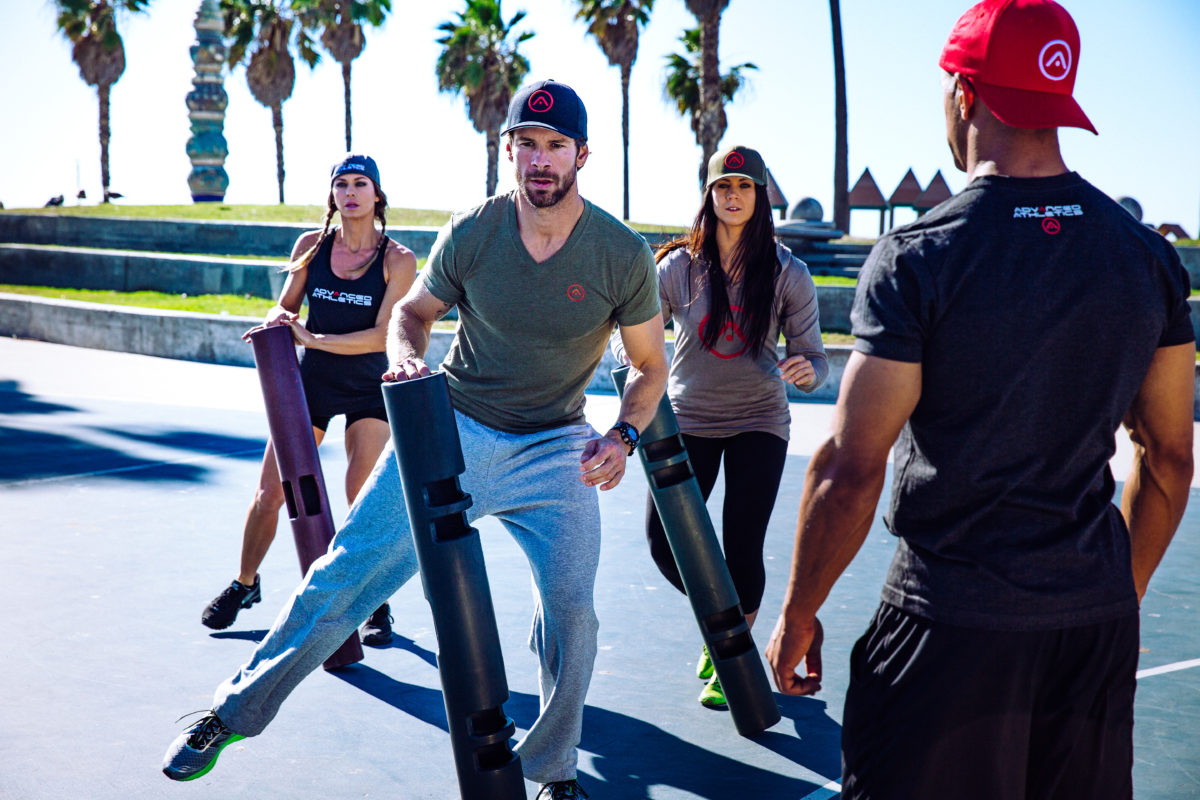Any decision to change your workout should come from having a broad perspective of all the factors that affect it and your desired outcome.
Too often, I see athletes who miss key elements and end up with stagnant results. Or worse, they compromise their health. Either way, the result is disappointment and most often without understanding the cause.
That’s why I want you to avoid the blinders that so many athletes put on.
It takes a comprehensive understanding of what goes into building impactful changes, so you can make informed choices. And enable you to progress in a way that’s sustainable.
In my last blog post, I wrote about the importance of considering your goals, genetics, and exercise experience. To complete the big picture, I will cover four other factors that impact any changes to your training. Starting with your physical health.
Physical Health
If you’re dealing with injuries, compensations, or a compromised immune system, then expect to make slower changes over time. You need to tend to healing and take corrective therapeutic steps first.
All have a significant impact on the energy you would need to produce to excel.
That’s why the building blocks of your health need to be in place before you can subject yourself to a new adaptation to your workout.
If they’re not, and you ignore them, you run the risk of perpetuating those vulnerabilities. And having diminishing results.
This means that you must proceed with patience and caution towards change. If you’re facing any physical health challenges, then get with a trained health professional to get the right guidance first.
Mental & Emotional State
Stress, depression, and boredom happen to us all, to some degree, at some point in our lives. And it is important to address them.
In some instances, getting professional counseling will be the most helpful. With the right support you will gain deeper insight, so you can take the effective, actionable steps to address your underlying emotional states.
Only when you’ve done this, can you make any change to your workout that will be positive in terms of your results and sustainable over the long-term. It takes self control to not rush into drastic alterations to your workout thinking this will resolve your feeling of stagnation.
In most cases, subtle refinements are all you need. And in areas that may hold the hidden key to unlock your potential.
That’s why you need to make adjustments for reasons backed by your qualitative and quantitative results. This means you must consider your results from retests, and competency in your movement patterns. And that you meet specific training benchmarks or key performance indicators.
Nervous System Adaptability
I’ve worked with the elite of elite athletes, and I’ve seen how fast their nervous system adapts to stimulus. It’s mind blowing.
They can make the most difficult new tasks look easy after a couple of attempts. It’s as if they’ve been doing them for years. They’re able to make adjustments in their body that goes well beyond ordinary humans.
For them, I need to make more frequent changes to keep their body and mind stimulated towards adapting to a higher level.
For most athletes though, the adaptation can take a while longer. That’s why you need to keep your own adaptability in mind when it comes to making changes.
A good indicator is to look back on how fast you would grasp new movement patterns, and connect to the muscles that are involved. Then, have that pattern become second nature to you or without having to think about it.
Your personal adaptation may be better in some areas than others. So take that into account before you move on to anything more complex.
Timetable of Current and Upcoming Events
It will take specific building blocks of sequential objectives to reach your goal, whether it be building muscle, strength, speed, and stamina.
These building blocks consist of fitness qualities that you will emphasize for a period of time. Each quality may deserve more or less of your time based on all the other factors listed. And it’s also based on what season you are in and what your timeframe is.
In sports, there are four seasons. Post-season, off-season, pre-season, and in-season.
Each season has a timeframe that comes with a window of opportunity to achieve a set of your goals. To go along with that, there will be a certain level of physical demands and mental stress.
For example, the overload principle of training says that in order create an adaptation response of growth (your goal) that a gradual manipulation of intensity is necessary. This comes by way of stress that goes above and beyond your normal state. Or it can be a decrease.
Even if you’re not a competing in organized sports, a season could also represent a chapter in your life. And you must consider those demands in making change.
Ask yourself what season you’re in at the present time. What are the demands on you right now, and what will they be when the next season starts?
Taking each of the above factors into consideration will help you to better understand your when and why to make change.
As always, stay athletic.
Your coach,
Adam

